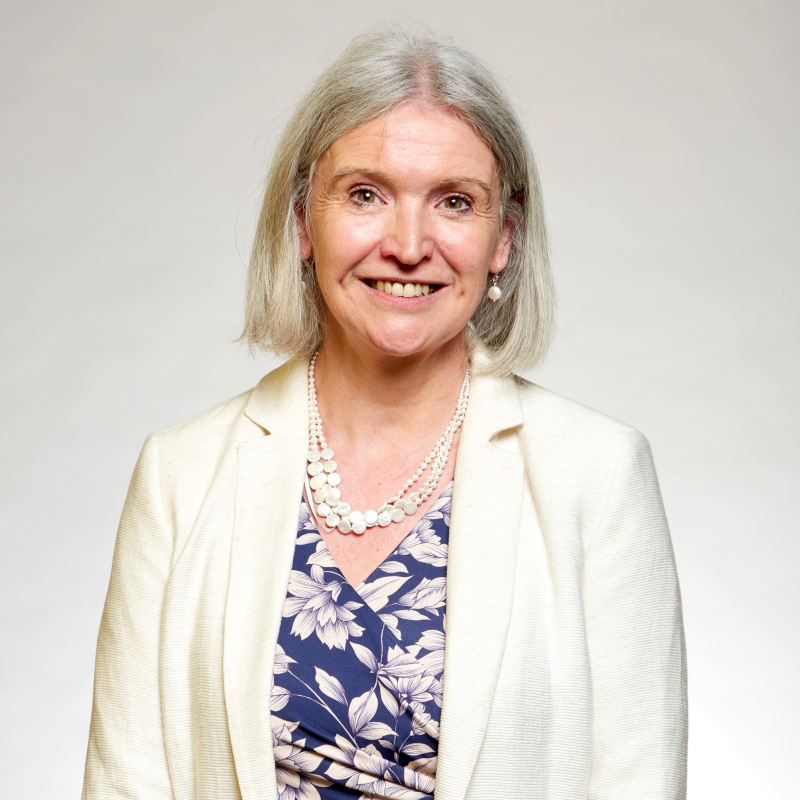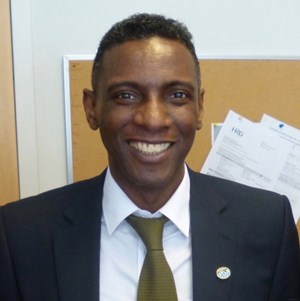We’re delighted to welcome Jane Hillston as the new Editor-In-Chief of Proceedings A. Find out more about her research, her involvement in the journal and how she feels about the new appointment.

Proceedings of the Royal Society A is the Royal Society’s physical sciences research journal, publishing high-quality research and review articles across the chemical, computational, Earth, engineering, mathematical, and physical sciences. Following the journals near 200 year history we’re delighted to announce that Professor Jane Hillston will be joining the editorial board as the first female Editor in Chief. We spoke to Jane about her research, her involvement in the journal and how she feels about the new appointment.
How does it feel to be the first female Editor in Chief of Proceedings A?
I feel immensely proud to be the Editor in Chief of Proceedings A. It is an honour to be associated with a journal of such long standing and high prestige. I was surprised to find that I was the first female Editor in Chief, but I am sure that I will not be the last.
Can you tell us why you think diversity in science is so important?
As a woman in computer science I have always been passionate about seeking to increase diversity in science. The future of our society will be shaped by science and technology so it is fundamentally important that the people developing these advances are representative of all society. Conversely, working in science is a highly rewarding career and this should be open to all those who wish to pursue it. I have been involved in a number of initiatives to encourage more women into computer science, work that was recognised by a Suffrage Science Award in 2018.
Why did you join the Proceedings A Editorial Board?
Professor Dame Wendy Hall suggested that I join the Board and it seemed a great opportunity to serve both the Computer Science community and the broader science community. I think that understanding of computer science and its research agenda, as well as its role with respect to other sciences, is not always well understood. Being involved with Proceedings A seemed like a great opportunity for me and for the discipline.
Can you tell us about your background and research?
My first degree was in Pure Mathematics and subsequently I took an MSc in Algebraic Topology. After a brief period working in the software industry, I decided to study for a PhD in Computer Science. My work is in an area of theoretical computer science known as quantitative formal methods. Our objective in this area is to develop modelling tools and techniques that help people to understand the dynamic behaviour of systems, building upon mathematical approaches but combining them with automation and logic. There are many mathematical approaches to modelling but they can be inaccessible to non-experts and difficult to check and reason about. My work often uses modelling languages, similar to programming languages, which serve as an intermediary between the modeller and the mathematics. These models can then be “compiled” into mathematics and automated techniques can be used to check the validity of models, and to establish their properties. It is also possible to prove things about the languages, and their relationship to the underlying mathematics, which make models easier to execute, deepening our understanding of the system being modelled.
Why did you decide to work in this area?
The area of formal languages drew on my background in pure mathematics and working on modelling languages gave me scope to apply the techniques I developed in different areas of application. This suited my natural curiosity and gave me an excuse to learn about different types of system, ranging from computer systems to biochemical processes, ecological systems to urban transport systems, such as bike sharing systems.
What has been the biggest influence on your career?
I think that the biggest influence on my career has been curiosity. This has been curiosity within my discipline to push boundaries and establish new results, but also curiosity with respect to people and organisations which has led me to take up a wide range of different opportunities.
Do you have any advice for researchers planning to submit to the journal?
The key advice I would give to researchers planning to submit is to remember that we aim to publish articles that can have value to a broad readership. So as well having a manuscript that presents results that make a significant contribution to the field, making the presentation clear and accessible to people outside your immediate area is very important. This should include explaining why the contribution is significant so that readers get an impression of how the field is generally advancing, as well as the particular advance detailed in your paper.
What do you like doing when you are not doing science?
Away from work I enjoy reading fiction, walking and cooking for friends and family.
For more information about the journal and details of how to submit, please visit the Proceedings A website.




